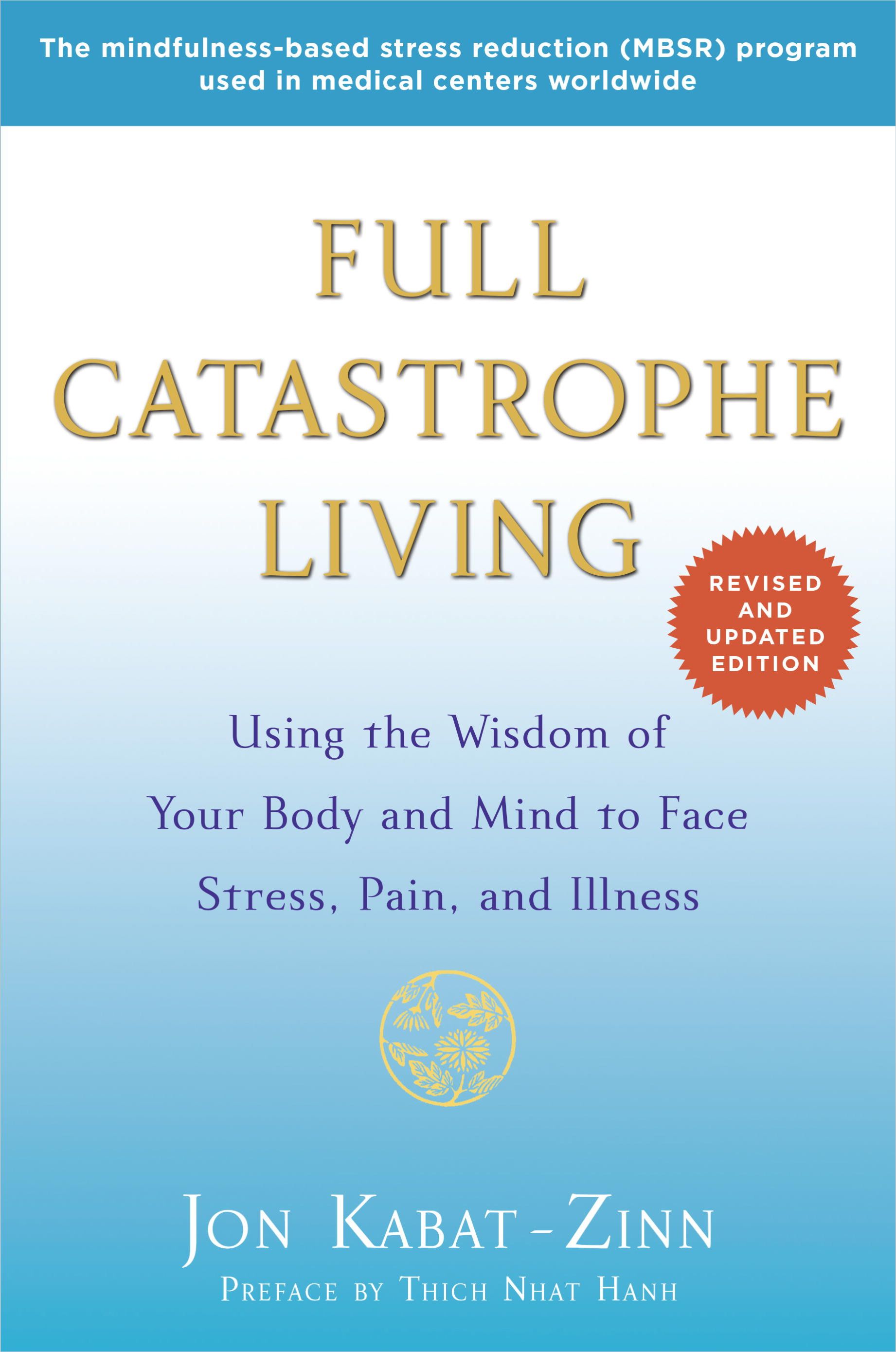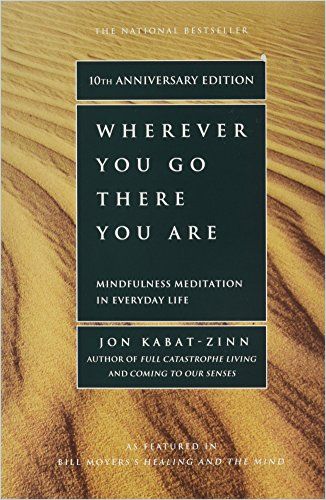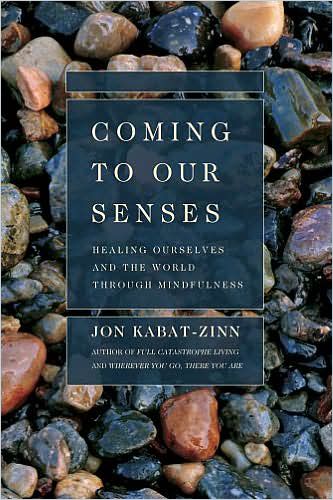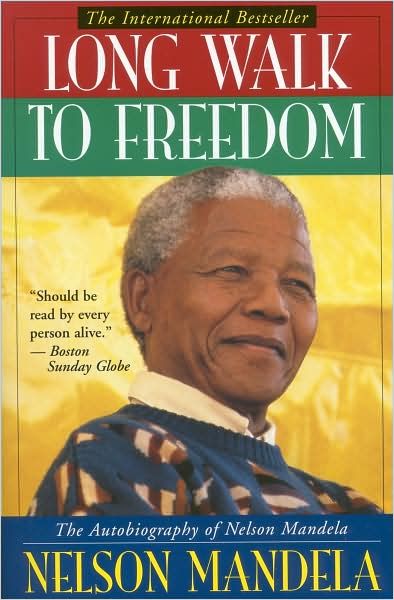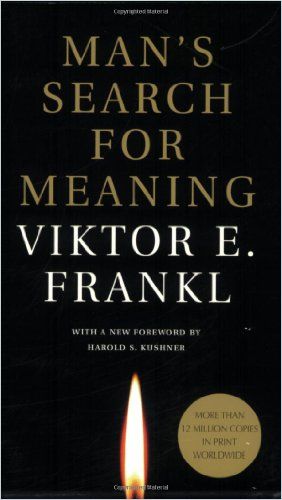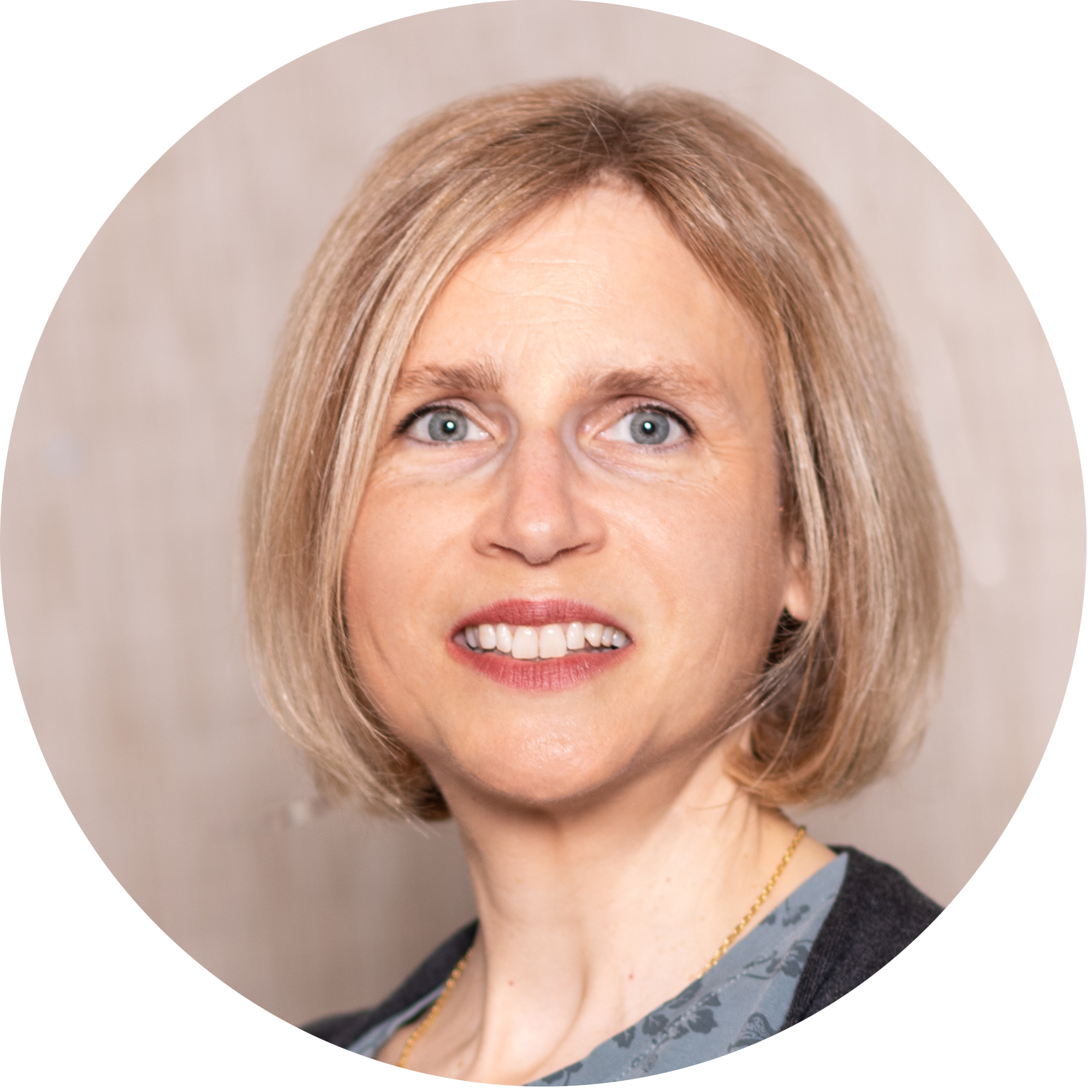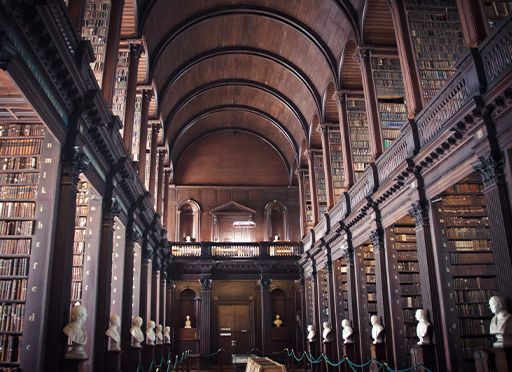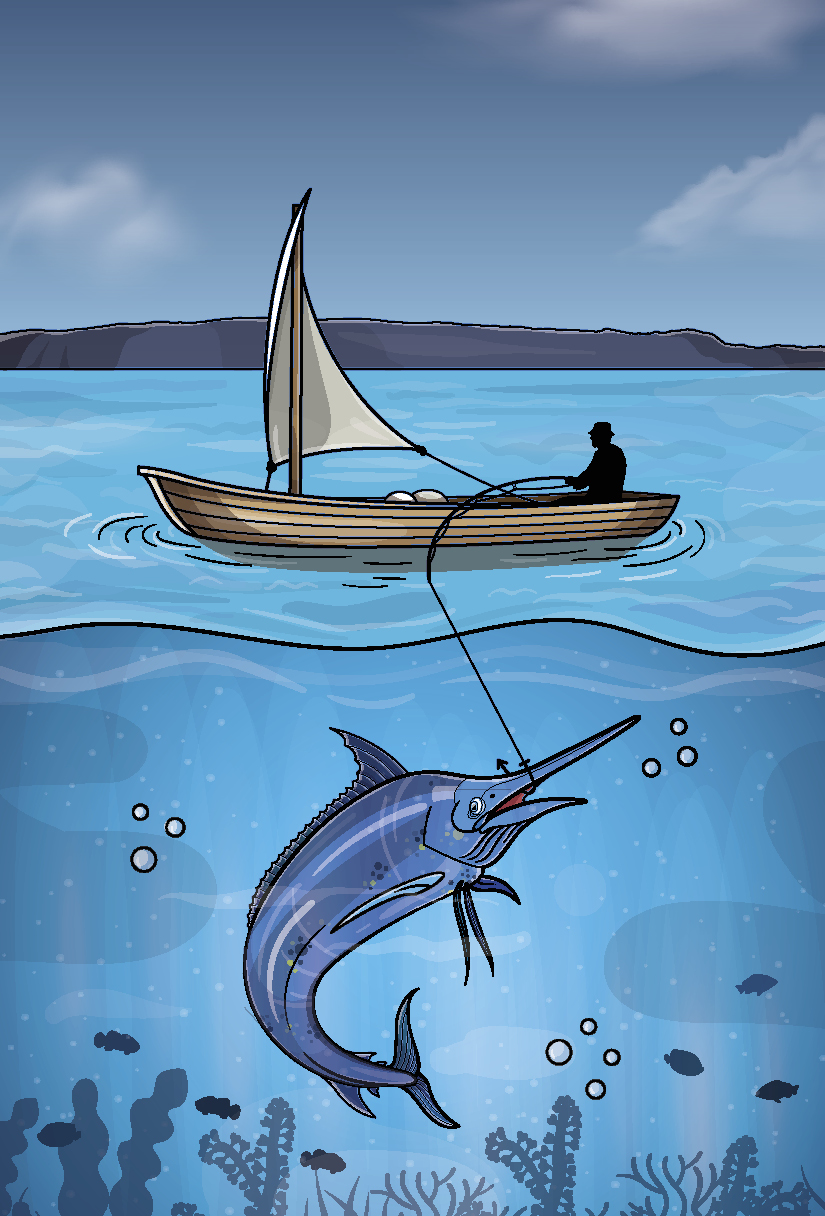Wisdom Lies in the Details
Marcel Proust’s In Search of Lost Time
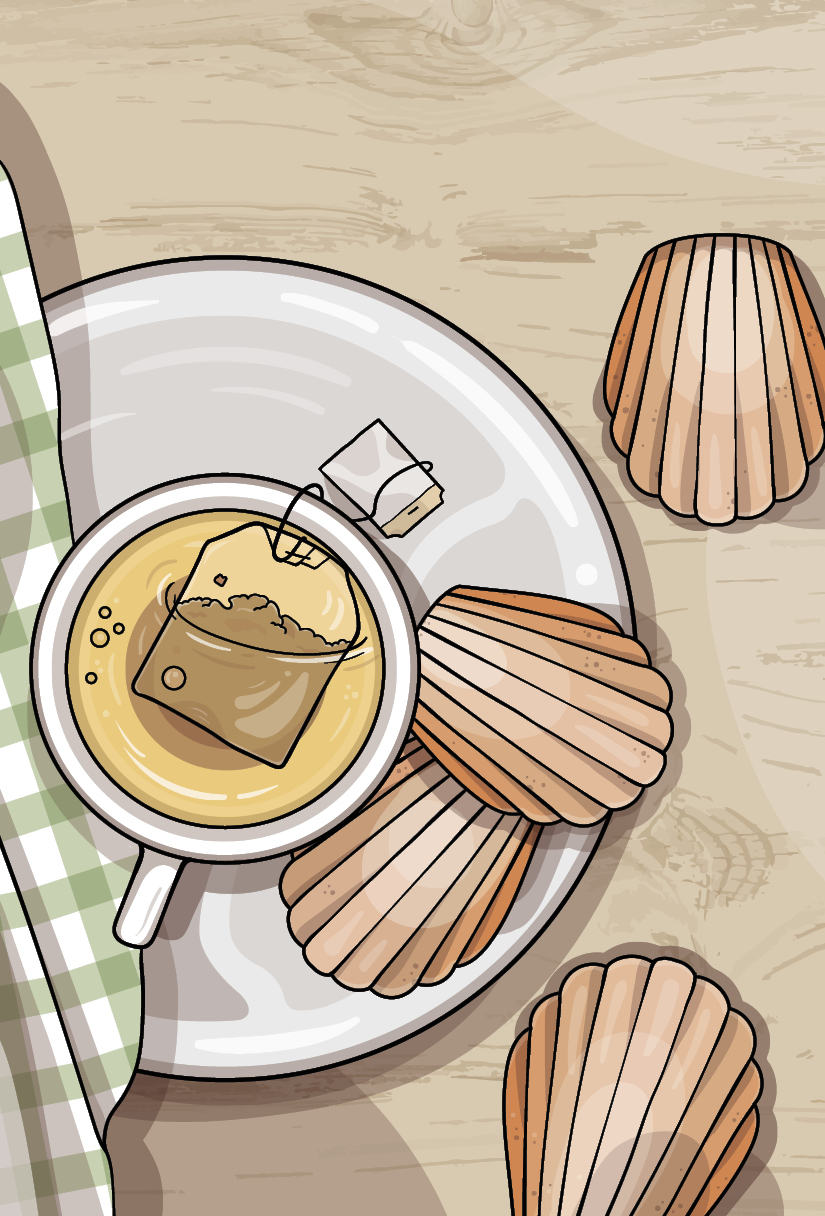
It’s fine to slow things down, but few will have the luxury of sifting through all seven volumes of Marcel Proust’s In Search of Lost Time. “Life is too short, and Proust is too long,” the French novelist Anatole France quibbed after the publication of the tome’s first volume in 1913.
But as Alain de Botton explains in his tongue-in-cheek essay, How Proust Can Change Your Life, there are valuable life lessons to be learned from Proust’s work – especially for a generation afflicted with a waning attention span, overburdened schedules and a low tolerance for adversity.
So what are some of those lessons? Here are three:
1. Take Your Time to Fully Experience Your Life
Proust’s literary masterpiece is gigantic. Even its sentences are incredibly lengthy. The longest, if formatted into one line of standard-sized text, would extend more than 13 feet (about four meters). As an artist, Proust understood that all human experience, no matter how seemingly trite, is infinitely rich in its universal implications. Proust derided the “self-satisfaction felt by ‘busy’ men – however idiotic their business – at ‘not having time’ to do what you are doing.” His message: Spend the time you need to understand your experiences. Never rush. Take time to comprehend and appreciate life.
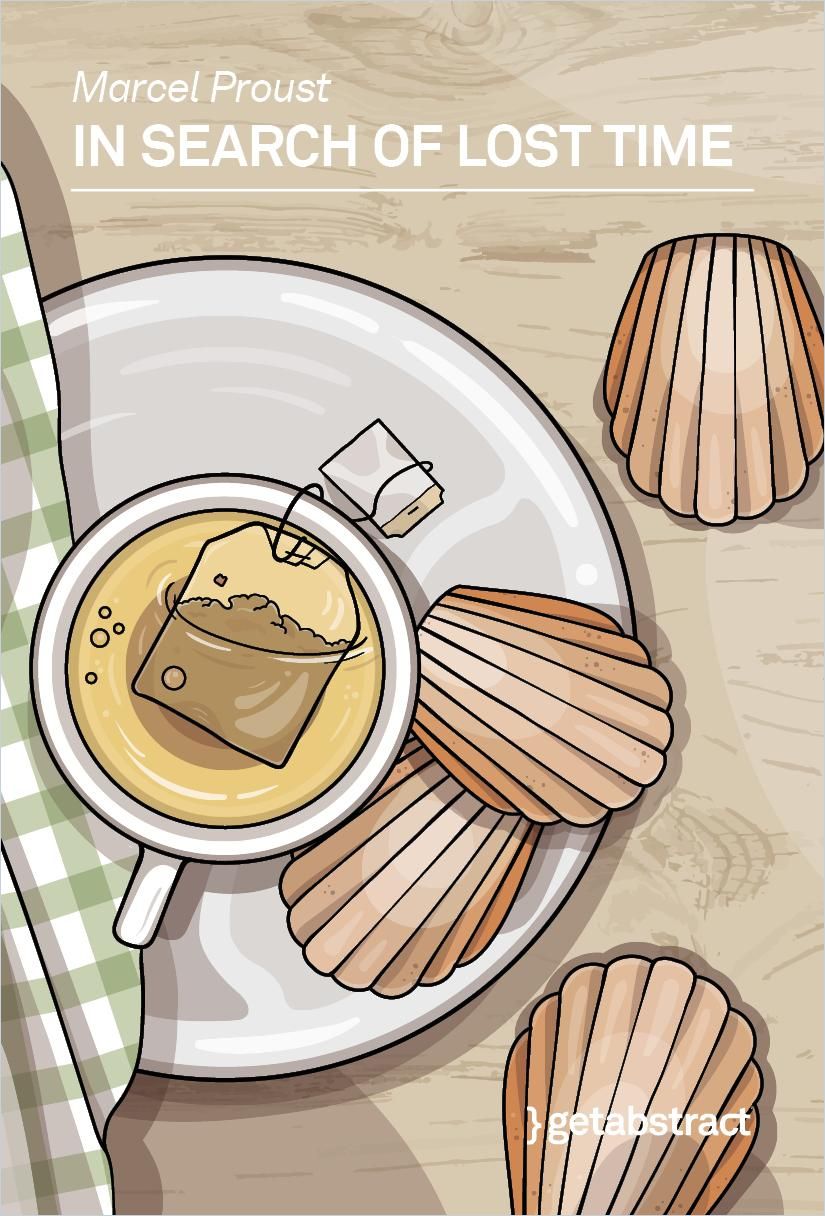
An hour is not merely an hour; it is a vase full of scents and sounds and projects and climates.
Marcel Proust
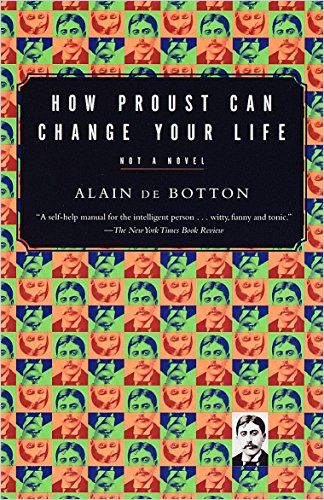
Sounds familiar? Modern mindfulness techniques have been specifically designed to help you slow down and focus on the simpler things in life. This enables us to live in the present, and to experience each moment fully. Learn more about shifting from the “doing” to the “being” mode from Jon Kabat-Zinn, the founder of the scientifically validated Mindfulness-Based Stress Reduction (MBSR) program who helped bring ancient mindfulness into the American mainstream.
The time which we have at our disposal every day is elastic; the passions that we feel expand it, those that we inspire contract it; and habit fills up what remains.
Marcel Proust
Finding awe in everyday moments is a potent practice for addressing post-pandemic “languishing,” according to psychology research. Cultivating a deep interest in life is a prerequisite for flourishing, Dani Blum explains in her New York Times piece.
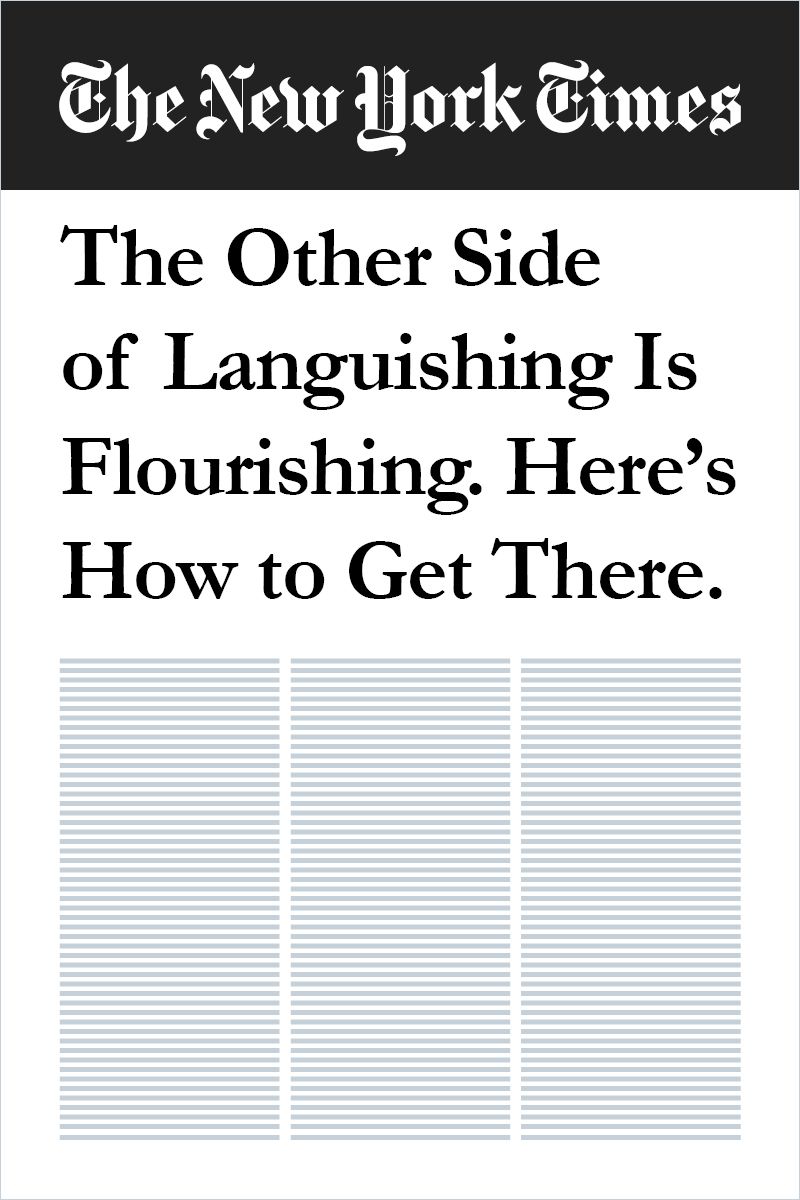
The Other Side of Languishing Is Flourishing. Here’s How to Get There.
The New York Times2. The Road to Wisdom Runs Through Hardship
Proust lived a life of misery, turmoil and immense suffering, both physical and mental. “I have little happiness,” he wrote at age 30. He was always frail and ill. He suffered from digestive problems as well as aches and pains, coughed incessantly, always felt cold, usually felt dizzy, and had terrible eyesight and remarkably sensitive skin. Yet he insisted that people learn about life only through trouble, suffering and distress.
As for Proust, his remarkable sensitivity that amplified his suffering also brought to bear his extraordinary powers of observation and analysis. In Search of Lost Time, which described in minute detail both the narrator’s interior life and the society around him, is hailed today as one of the most important pieces of 20th-century literature.
Happiness is beneficial for the body, but it is grief that develops the powers of the mind.
Marcel Proust,
Turning adversity into a strength is a common theme in the life stories of highly accomplished personalities and leaders. Author Steven Snyder talks about seizing struggle “as an art to be mastered,” while Ryan Holiday explains how famous leaders through the ages have relied on the philosophy of Stoicism to turn obstacles into advantages. Sharlee Jeter and Sampson Davis, meanwhile, talk about the transformative power of “the stuff,” which they define as “a cultivatable inner fortitude” that people muster to triumph adversity. Learn more about heroic life journeys from our summarized biographies.
We are healed of a suffering only by experiencing it to the full.
Marcel Proust
3. Books Can Teach You a Lot About Yourself
Books, Proust wrote, provide the best way of “coming to be aware of what one feels oneself.” For Proust, reading provides “magic keys [that open] those dwelling places deep within us.”
Literature teaches you about the vagaries – and the intricacies – of the human heart. It enables you to understand people, their actions and their attitudes, as well as your emotional reactions to them, and what they think and do. Inevitably, through reading books, you become wiser, smarter and savvier.
We don’t receive wisdom; we must discover it for ourselves.
Marcel Proust
Proust intuited what scientific studies now seem to confirm: Reading fiction helps strengthen your empathy. A 2006 study found that frequent fiction readers are better able to understand people in the actual world. Avid fiction readers are also better at gauging other people’s thoughts and emotions through visual cues, the study concluded.
Only through art can we emerge from ourselves and know what another person sees.
Marcel Proust
Radical self-inquiry is the path to becoming more yourself, more genuine and more human, leadership guru Jerry Colonna explains in Reboot. In The Power of Understanding Yourself, Dave Mitchell sets you on a journey of self-discovery with an “interactive style” assessment, worksheets and exercises.
The better you know yourself, the more authentic you can become. Executive coach Karissa Thacker details how to recognize and inhabit your authentic self in her insightful leadership manual. She describes the journeys and transformations that develop your authenticity and includes helpful “workouts” at the close of each chapter.
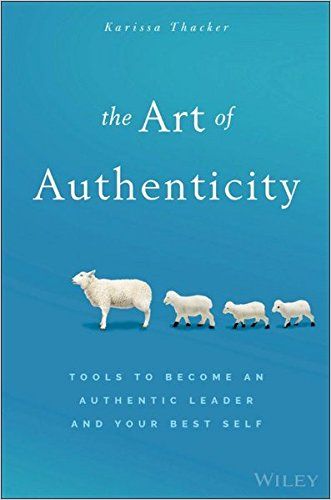
Wisdom lies in the details – which can only be discovered and savored by slowing things down.
Discovery consists not in seeking new lands, but in seeing with new eyes.
Marcel Proust
If you have the luxury of some downtime this summer, take Proust’s advice to heart. For additional inspiration, check out our staycation guide and Heather Hodel’s Classic Advice column.
